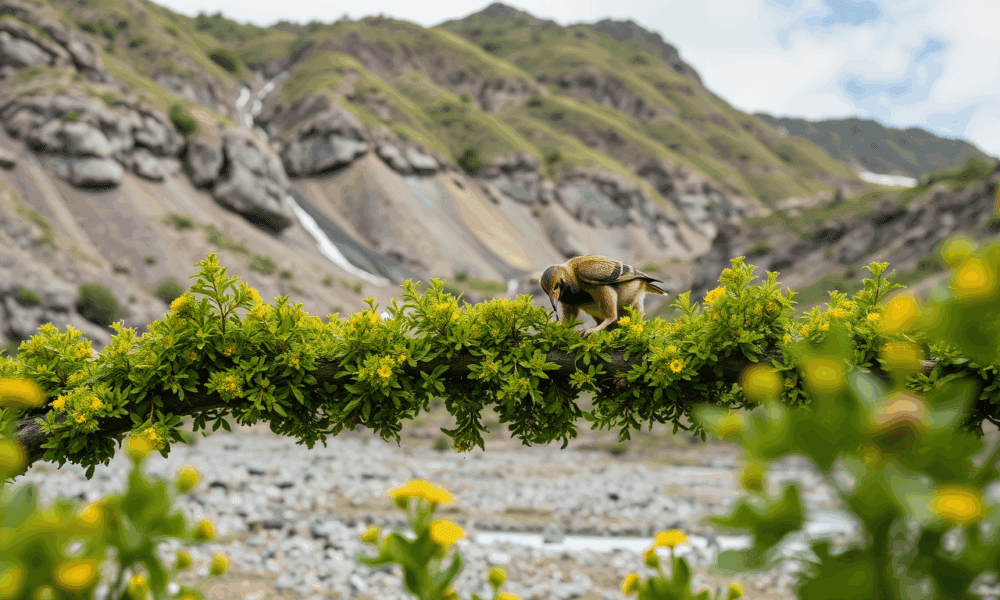
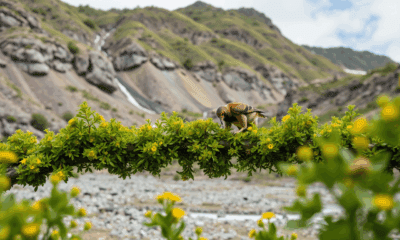

Every time someone snaps a wildlife photo with iNaturalist, they might be fueling breakthrough science. From rediscovering lost species to helping conservation agencies track biodiversity and...
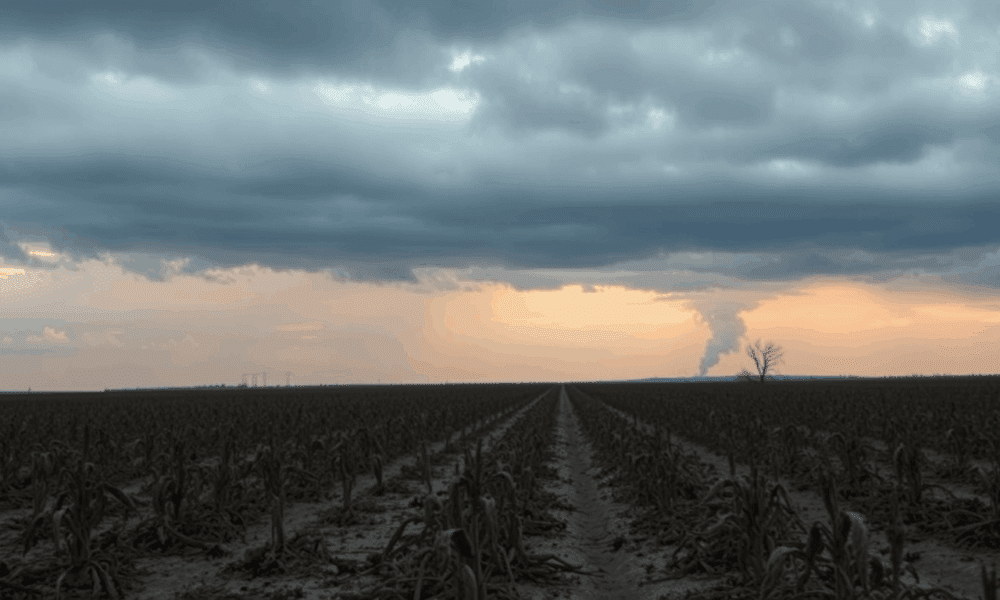
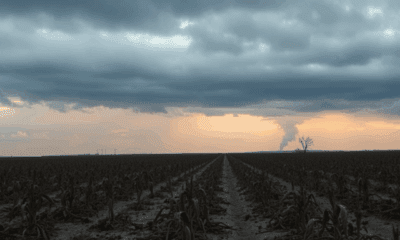

What would happen if a nuclear war triggered a climate-altering catastrophe? Researchers have modeled how such a scenario could devastate global corn crops cutting production by...



AI-generated videos are becoming dangerously convincing and UC Riverside researchers have teamed up with Google to fight back. Their new system, UNITE, can detect deepfakes even...
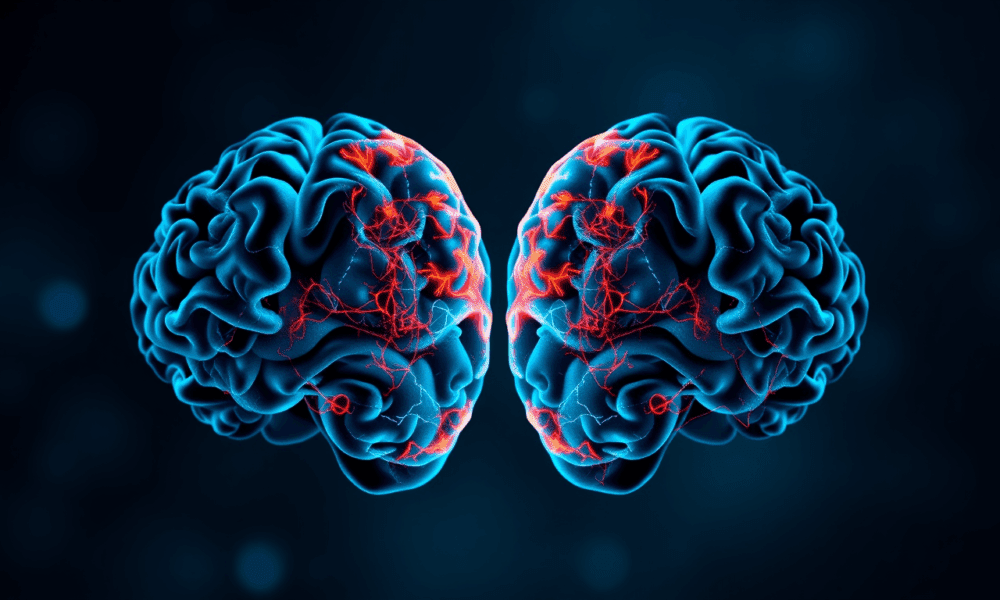
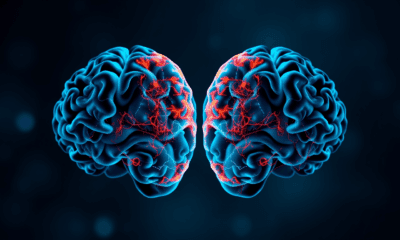

When imagining the future, optimists' brains tend to look remarkably alike, while pessimists show more varied neural activity. This neurological alignment could explain why optimists are...



Despite our strong belief in dogs' ability to sense good from bad in people, new research shows they may not actually judge human character, at least...



A groundbreaking study from Flinders University reveals that it's not just making eye contact that matters, but precisely when and how you do it. By studying...
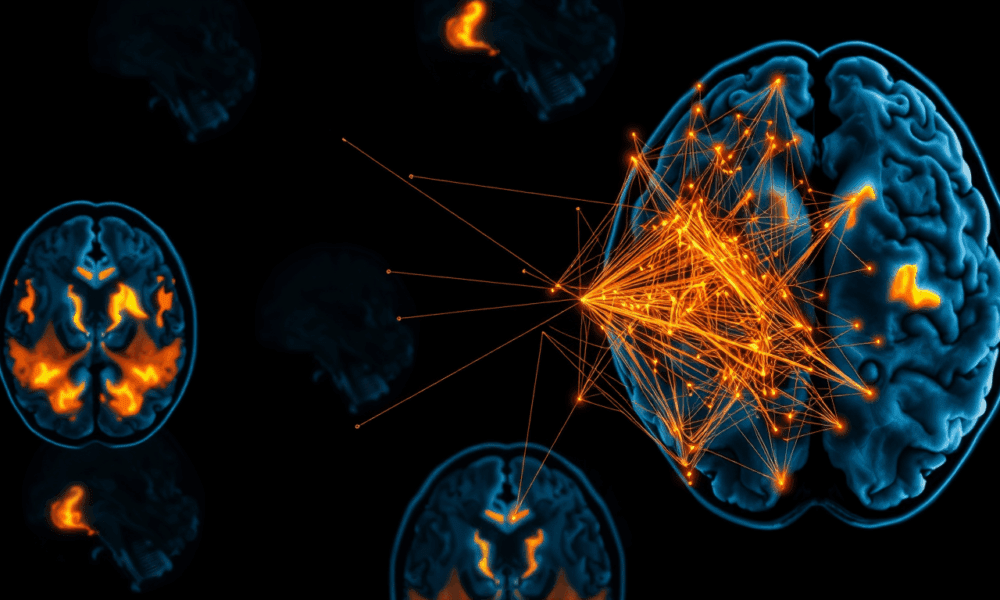
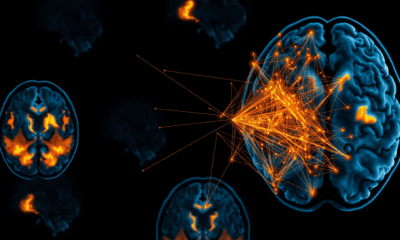

When you're mentally exhausted, your brain might be doing more behind the scenes than you think. In a new study using functional MRI, researchers uncovered two...
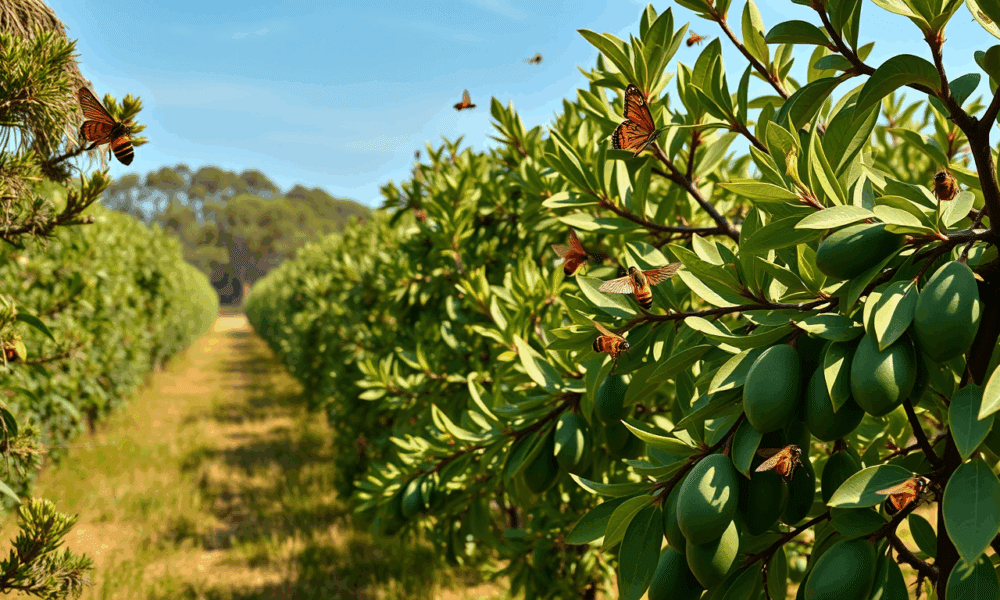
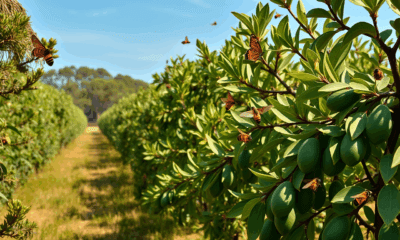

Preserving strips of native vegetation beside avocado orchards gives insects a buffet of wild pollen when blossoms are scarce, doubling their plant menu and boosting their...



Smarter people don’t just crunch numbers better—they actually see the future more clearly. Examining thousands of over-50s, Bath researchers found the brightest minds made life-expectancy forecasts...



In a leap toward sustainable desalination, researchers have created a solar-powered sponge-like aerogel that turns seawater into drinkable water using just sunlight and a plastic cover....